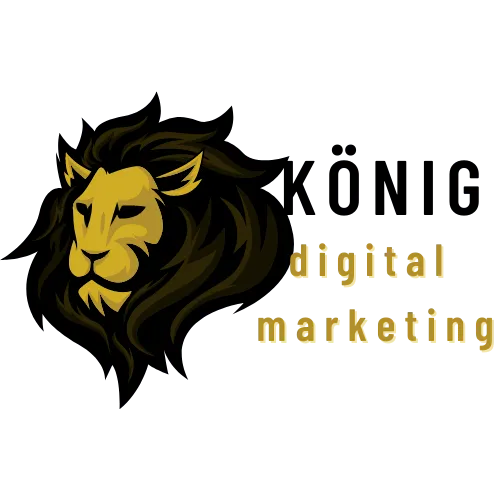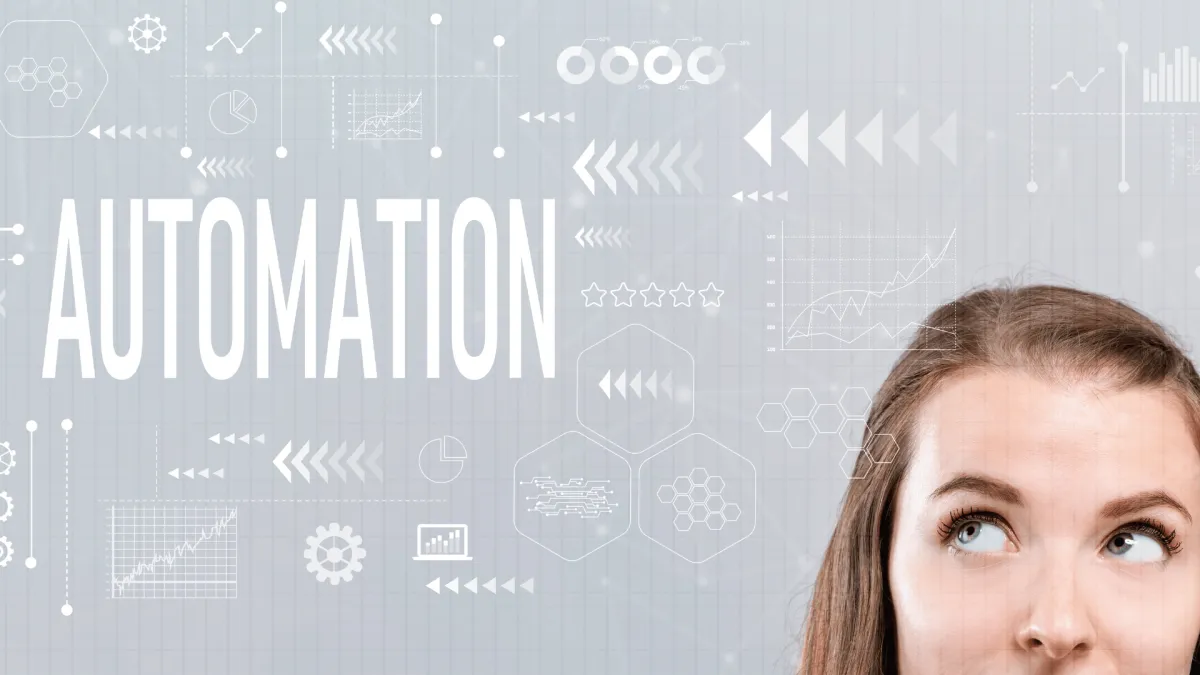

Contact US
Thank you for considering Konig Digital for your digital marketing needs. We are here to answer any questions you may have and help you get started on your journey towards achieving your online goals.
70% of customers prefer to message with businesses
- The Washington Post
You can contact us through any of the following methods:
Email: [email protected]
Phone/Text: +1 (240) 202-2609
Address: 7903 Cole Ave, Takoma Park, MD 20912, United States
Alternatively, you can fill out the contact form and one of our representatives will get back to you as soon as possible:
We look forward to hearing from you and helping you achieve success online.
Transform Your Business with Smart Marketing Automation Software...

Exploding Your Lead Generation with Marketing Automation
Modern Strategies Exploding Your Lead Generation with Marketing Automation!
In today's fast-paced digital landscape, businesses are constantly seeking innovative ways to enhance their lead generation efforts.
One of the most powerful tools at their disposal is marketing automation. With the ability to streamline processes, personalize interactions, and nurture prospects, marketing automation has emerged as a game-changer for businesses looking to supercharge their lead generation strategies.
In this article, we'll delve into the world of marketing automation and explore how it can propel your lead generation efforts to new heights.
Table of Contents
1. Introduction
2. Understanding Marketing Automation
- What is Marketing Automation?
- How Does Marketing Automation Work?
3. The Impact of Marketing Automation on Lead Generation
- Personalized Customer Journeys
- Timely and Relevant Communication
- Efficient Lead Nurturing
4. Implementing Marketing Automation Successfully
- Selecting the Right Automation Platform
- Mapping Customer Journeys
- Crafting Compelling Content
- A/B Testing and Optimization
5. Overcoming Challenges in Marketing Automation
- Data Privacy and Security
- Balancing Automation and Human Touch
- Avoiding Over-Automation
6. Real-World Success Stories
- Company A: Transforming Engagement
- Company B: From Leads to Conversions
7. The Future of Marketing Automation
- AI-Powered Automation
- Integration with Emerging Technologies
8. Conclusion
Introduction
In a highly competitive business landscape, lead generation serves as the lifeblood of sustained growth and success.
The traditional methods of manual lead nurturing, while effective, often fall short in today's digital age.
This is where marketing automation steps in, revolutionizing the way businesses attract, engage, and convert potential customers.
Understanding Marketing Automation
What is Marketing Automation?
Marketing automation refers to the use of technology and software to automate repetitive marketing tasks and processes.
These tasks can range from sending personalized emails and managing social media campaigns to tracking user interactions and analyzing data.
The goal is to streamline these activities, allowing marketers to focus on strategic initiatives and creating meaningful connections with leads.
How Does Marketing Automation Work?
At its core, marketing automation operates on a series of predefined triggers and actions.
When a lead interacts with your brand, such as signing up for a newsletter or downloading a resource, the automation system kicks into gear.
It can then send tailored messages, deliver relevant content, and even adjust the messaging based on user behavior.
The Impact of Marketing Automation on Lead Generation
Personalized Customer Journeys
Marketing automation enables businesses to create personalized customer journeys. By segmenting leads based on demographics, behaviors, and preferences, you can deliver content that resonates on a deeper level. This personal touch enhances engagement and builds stronger connections.
Timely and Relevant Communication
Gone are the days of generic, one-size-fits-all communication. Marketing automation allows you to send the right message to the right person at the right time. This level of precision ensures that leads receive relevant information when they're most receptive, increasing the likelihood of conversion.
Efficient Lead Nurturing
Lead nurturing is a crucial aspect of the conversion process. Marketing automation takes this to the next level by automating the delivery of educational content, follow-up emails, and nurturing sequences. This consistent engagement keeps leads engaged and gradually guides them down the sales funnel.
Implementing Marketing Automation Successfully
Selecting the Right Automation Platform
Choosing the appropriate marketing automation platform is essential. Consider factors such as ease of use, scalability, integration capabilities, and available features. A well-suited platform will serve as the foundation of your lead generation strategy.
Mapping Customer Journeys
Before diving into automation, map out your customer journeys. Understand the touchpoints where leads interact with your brand and tailor your automation sequences accordingly. This ensures a seamless and relevant experience.
Crafting Compelling Content
Content remains king in the world of marketing. Develop high-quality, informative content that addresses the pain points of your target audience. This content will serve as the fuel for your automation campaigns.
A/B Testing and Optimization
Continuous improvement is key to successful marketing automation. Utilize A/B testing to experiment with different elements of your campaigns, such as subject lines, CTAs, and send times. Analyze the results and optimize accordingly.
Overcoming Challenges in Marketing Automation
Data Privacy and Security
With great automation power comes great responsibility. Ensure that your automation practices adhere to data privacy regulations and protect sensitive customer information.
Balancing Automation and Human Touch
While automation enhances efficiency, it's essential to strike a balance with the human touch. Incorporate opportunities for personal interactions, such as follow-up calls or live chat support, to maintain a genuine connection.
Avoiding Over-Automation
Automation is a tool, not a replacement for thoughtful engagement. Avoid bombarding leads with excessive automated messages, as this can lead to disengagement. Keep automation strategic and purposeful.
Real-World Success Stories
Company A: Transforming Engagement
Company A leveraged marketing automation to revamp their lead engagement strategy. By segmenting leads based on industry preferences, they delivered targeted content that spoke directly to the unique challenges of each segment. This approach resulted in a 40% increase in click-through rates and a 25% boost in conversion rates.
Company B: From Leads to Conversions
Company B implemented an automated lead nurturing sequence that delivered a series of educational emails over a six-week period. This resulted in a 60% increase in leads progressing to the conversion stage and a remarkable 30% increase in overall revenue.
The Future of Marketing Automation
AI-Powered Automation
As artificial intelligence continues to advance, marketing automation will become even smarter. AI algorithms will analyze user behavior in real-time, allowing for hyper-personalized interactions and predictive lead scoring.
Integration with Emerging Technologies
Marketing automation will seamlessly integrate with emerging technologies like virtual reality and augmented reality. This will enable brands to create immersive and engaging experiences that resonate deeply with leads.
Conclusion
Marketing automation is not just a buzzword; it's a transformative tool that can skyrocket your lead generation efforts. By delivering personalized experiences, streamlining processes, and fostering engagement, marketing automation empowers businesses to connect with leads on a whole new level. Embrace this technology, and watch as your lead generation efforts explode with unprecedented success.
FAQs
1. What exactly is marketing automation?
Marketing automation involves using technology to automate marketing tasks and processes, enabling businesses to engage with leads more efficiently.
2. How can marketing automation benefit my business?
Marketing automation can enhance lead nurturing, deliver personalized content, and streamline communication, resulting in higher conversion rates.
3. Is marketing automation suitable for small businesses?
Yes, marketing automation can be beneficial for businesses of all sizes. It helps small businesses scale their marketing efforts and compete with larger counterparts.
4. What challenges might I face when implementing marketing automation?
Challenges include data privacy concerns, finding the right balance between automation and personalization, and avoiding over-automation.
5. How can I get started with marketing automation?
Begin by selecting a suitable automation platform, mapping out customer journeys, and creating compelling, targeted content. Remember to continuously analyze and optimize your campaigns for optimal results.
To Check out our FREE home services marketing master class click here...
Konig Digital, LLC
Address: 7903 Cole Ave, Takoma Park, MD 20912, United States
Email: [email protected]
Phone No: +1 (240) 202-2609
Hours:
Weekdays – 8 AM to 5 PM
Weekends- OFF

2025 All rights Reserved







